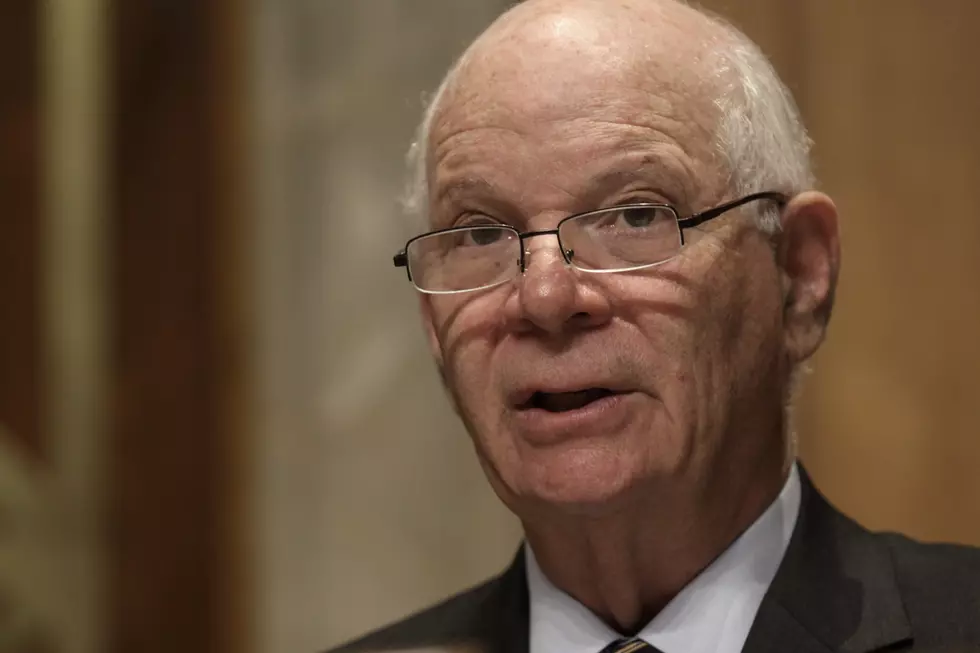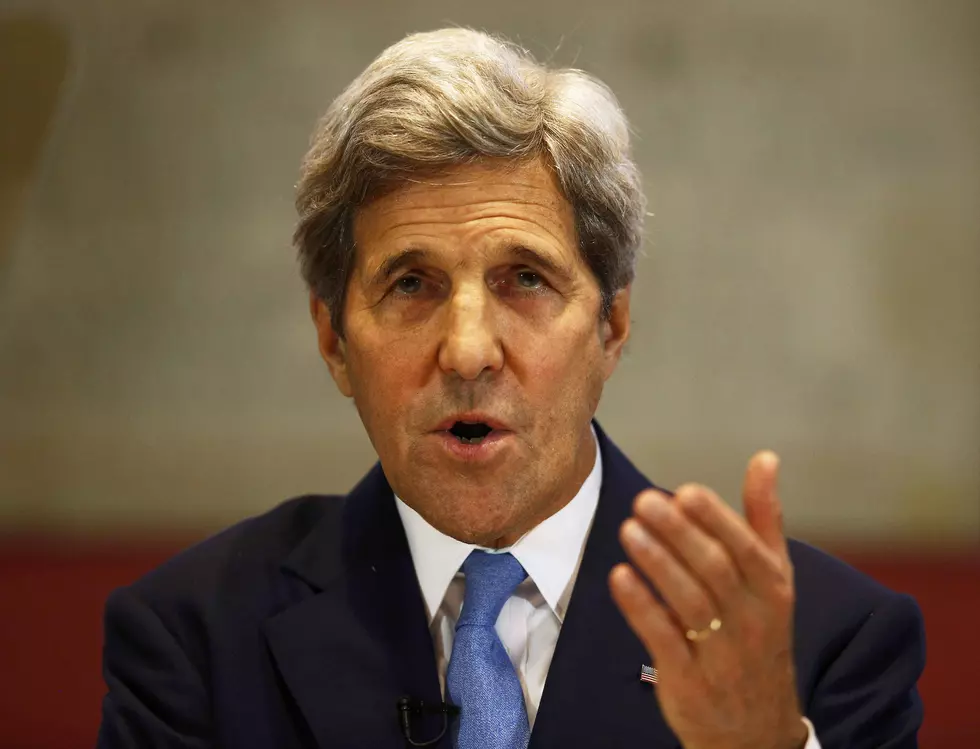
Kerry, Iran FM to meet amid Iranian sanctions complaints
Secretary of State John Kerry plans to see Iran's foreign minister this week amid Iranian complaints that it's not getting the sanctions relief it deserves under last year's landmark nuclear deal.
A senior U.S. official says Kerry and Mohammad Javad Zarif will meet in New York on Tuesday before Kerry flies to Saudi Arabia to join President Barack Obama at a summit with Gulf Arab leaders. The official was not authorized to discuss Kerry's plans publicly and spoke on condition of anonymity.
The meeting follows complaints from top Iranian leaders that the U.S. is not fulfilling its part of the nuclear agreement, in which Iran curbed its atomic program in exchange for sanctions relief. The U.S. insists it has met its obligations but is facing demands from foreign banks to make clear what transactions with Iran are legal and which are still punishable under remaining sanctions.
Over the weekend, Zarif asked the United States to ease restrictions on non-American banks doing business with the Islamic Republic, saying it would help reassure Iranians over the nuclear deal.
"Iran will definitely put pressure on the United States to pave the way for the cooperation of non-American banks with Iran," he said on Saturday at a Tehran news conference with visiting EU foreign policy chief Federica Mogherini. "The other party, particularly the United States, is required to implement its commitments in banking cooperation"
A day earlier, the head of Iran's central bank, Valiollah Seif accused the U.S. and the European Union of failing to honor the nuclear agreement by keeping Iran locked out of the international financial system.
The White House, Treasury and the State Department have all said the U.S. has done what is required of it. Yet, officials say the administration has been toying with the idea of easing or formally clarifying financial restrictions that prevent U.S. dollars from being used in transactions that enable business with Iran.
Administration officials have ruled out granting Iran access to the U.S. financial system or direct access to the dollar but have left the door open to other steps to encourage trade that is now legal under the nuclear deal.
That has met fierce resistance from lawmakers who believe that Tehran would be getting more than it deserves.
On Monday, House Speaker Paul Ryan renewed his opposition to any easing of the current rules.
"The administration should definitively rule out any potential workaround that provides Iran -- directly or indirectly -- with access to the dollar or the U.S. financial system," he said in a statement.
"Instead of helping the regime get richer, the administration should hold it accountable for its continued ballistic missile tests, egregious human rights violations, and support for terrorism. We will continue to oppose any efforts to grant further concessions to the world's leading state-sponsor of terrorism," Ryan said.
(Copyright 2016 The Associated Press. All rights reserved. This material may not be published, broadcast, rewritten or redistributed.)
More From New Jersey 101.5 FM









